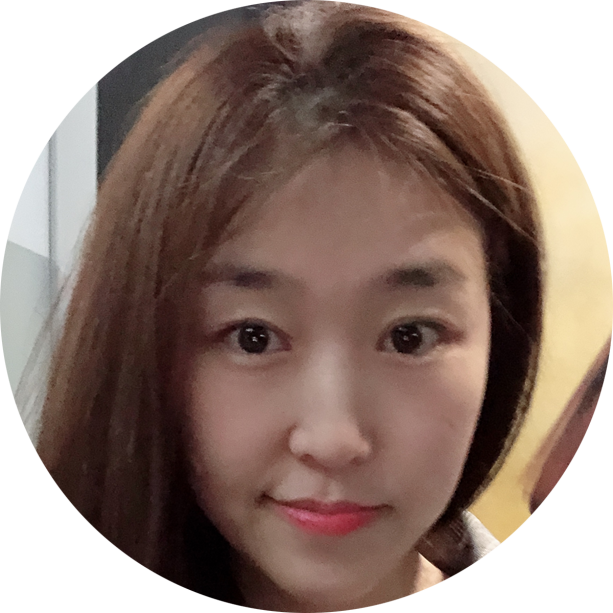Keynote Speakers

Assoc. Prof. Ting Zou
Memorial University of
Newfoundland, Canada
Biography: Ting Zou received the B.Sc. degree in electrical engineering and the M.Sc. degree in automatic control engineering from Xi’an Jiaotong University, Xi’an, China, and the Ph.D. degree in robotics and mechatronics from McGill University, Montreal, QC, Canada. Afterward, she joined the Centre for Intelligent Machines of McGill University as a Postdoctoral fellow, working on the optimum design of the next-generation multi-speed transmissions for electric vehicles and nonlinear motion control of autonomous tracked vehicles for mining drilling operations. She is currently an Associate Professor with the Department of Mechanical and Mechatronics Engineering, Memorial University of Newfoundland, St. John's, NL, Canada. Her current research interests include mechanism design and control of biologically inspired robots, advanced human–robot interaction, machine learning for robotic applications, soft robots, and MEMS. Dr. Zou is a senior Member of the IEEE, and member of ASME, Canadian Society for Mechanical Engineers, and Canadian Committee for the Theory of Machines and Mechanisms.
